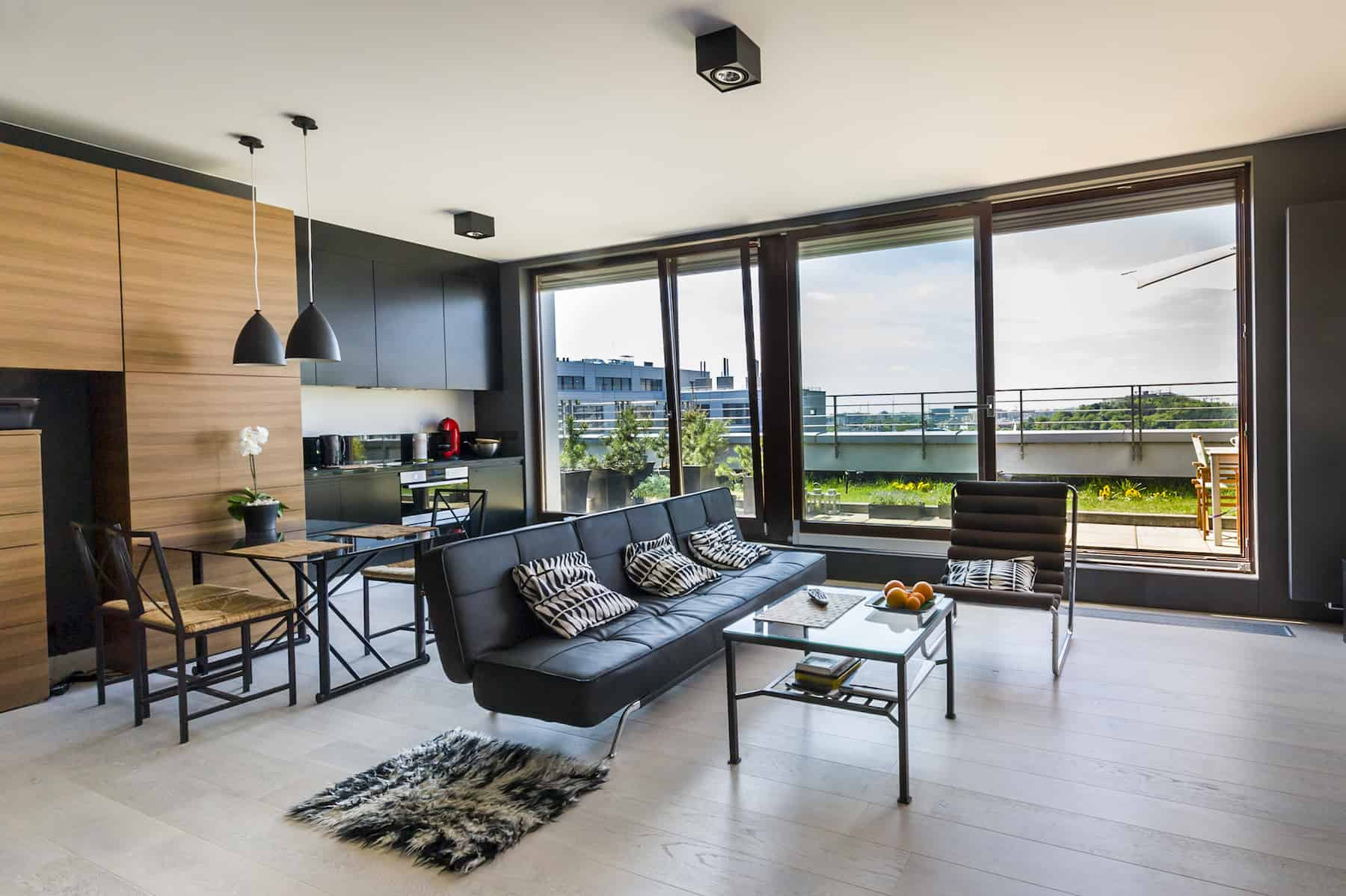Buying your first home is an exciting and significant milestone. It's a decision that involves not just the property itself but also the neighbourhood in which it's located. It's essential to find a neighbourhood that suits your lifestyle, budget and long-term goals.
Understanding Your Budget and Investment Goals
Before embarking on your quest to find the perfect neighbourhood, it's crucial to understand your budget and the type of investment you'd like to make. Scrutinise your income, liquidity and debt-to-income ratio to determine your purchasing power.
Another vital aspect is defining your investment goals. Do you plan to make this property your long-term home or are you open to selling it in the short term? Are you interested in a property that can generate rental income or are you looking for an investment that may increase in value over time?
Investigate Local Property Prices
One of the most critical aspects of finding the perfect neighbourhood is understanding the local pricing trends. A knowledgeable real estate agent can provide comprehensive data on current and past pricing for homes in the area. Pay attention to how many properties are selling for over or under the asking price, as this can give you insights into market dynamics and competition.
Search by Proximity
When a neighbourhood becomes too expensive for some residents and businesses, they typically move to nearby, more affordable areas, setting off a chain reaction. If your dream neighbourhood is beyond your budget, consider exploring nearby neighbourhoods that offer lower asking prices. These adjacent areas may provide a more budget-friendly option while still being close to your desired amenities and attractions.
Evaluate the Available Amenities
When assessing potential neighbourhoods, consider the availability of amenities that align with your lifestyle and preferences. Access to green spaces and open areas, whether it's a local park or a waterfront, can enhance your quality of life. Look for signs of a vibrant community, like community gardens and commercial corridors, which indicate a strong neighbourhood spirit.
While more affordable neighbourhoods may not have fully developed commercial areas, existing coffee shops, grocery stores and local restaurants are positive signs that the area is evolving and may offer more amenities in the future.
Don't Be Fooled by Statistics
Crime statistics are often the first thing potential homebuyers consider when evaluating a neighbourhood's safety. However, it's crucial not to rely solely on statistics. Instead, seek local input from existing homeowners, business owners, and real estate agents. These individuals can provide valuable insights into the safety and security of the neighbourhood, as they have first-hand experience and knowledge of the area

